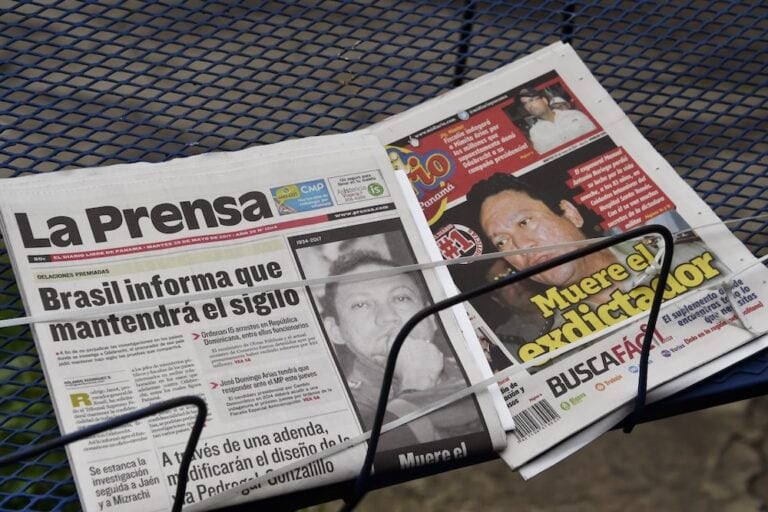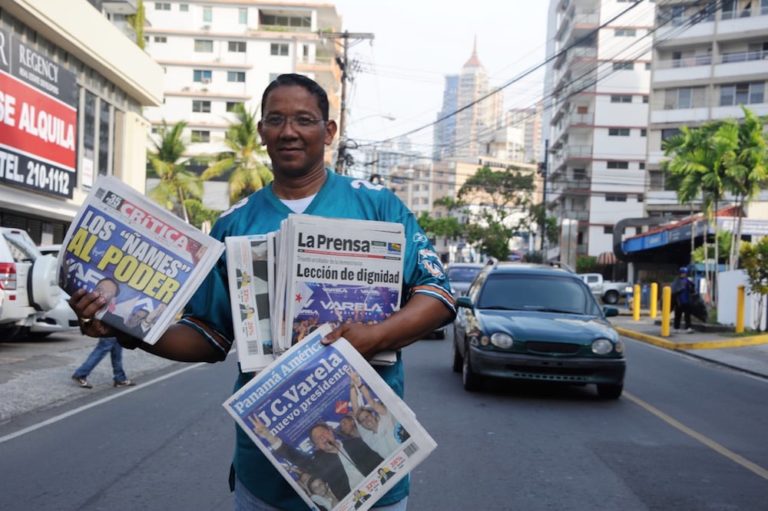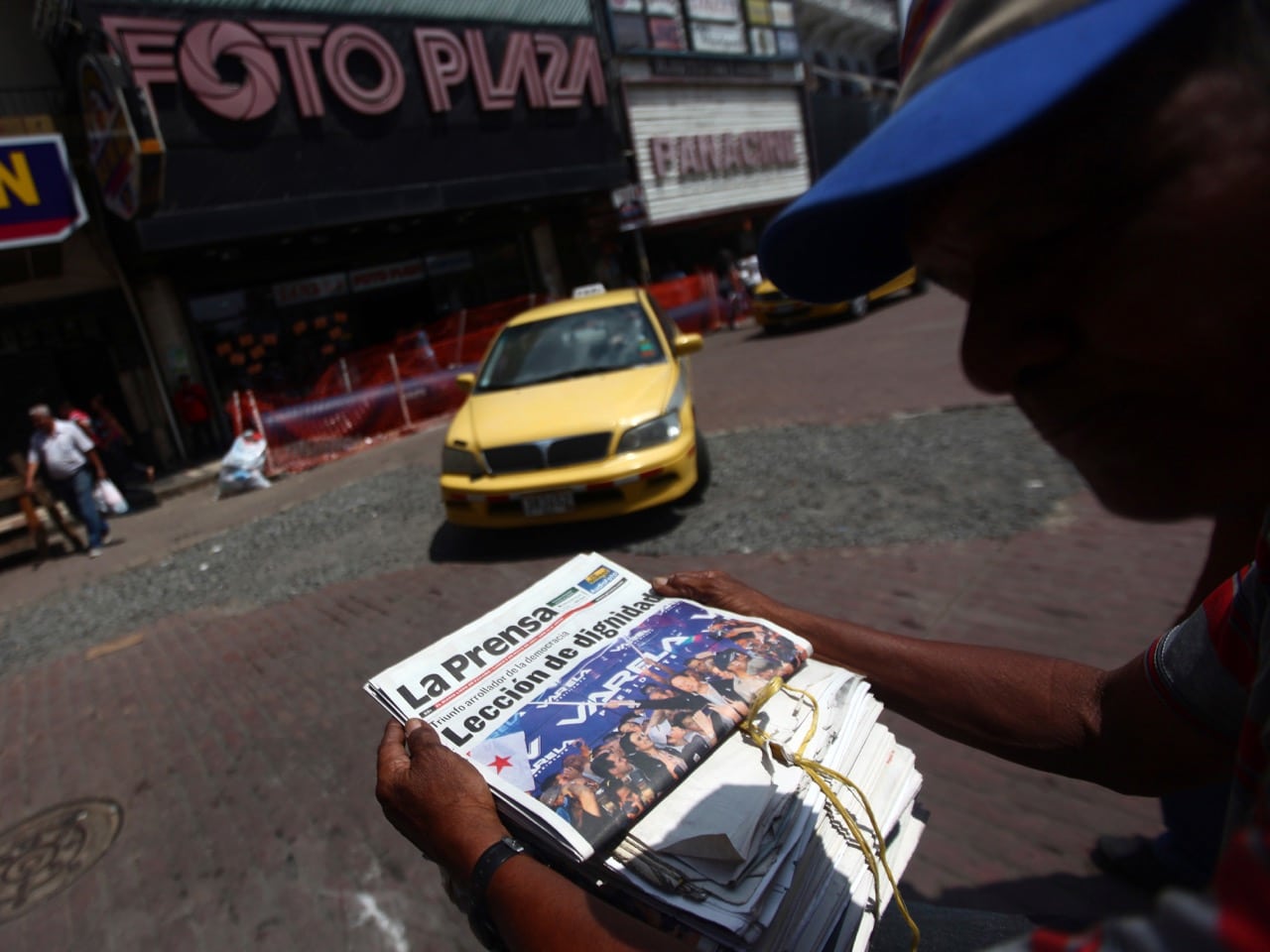(IAPA/IFEX) – The following is a 7 June 2001 IAPA press release: SIP concerned over move backward in the matter of press freedom in Panama Miami (7 June 2001) – The Inter American Press Association (IAPA) expressed concern over draft legislation that would regulate journalistic work, which it considered to be a move backward in […]
(IAPA/IFEX) – The following is a 7 June 2001 IAPA press release:
SIP concerned over move backward in the matter of press freedom in Panama
Miami (7 June 2001) – The Inter American Press Association (IAPA) expressed concern over draft legislation that would regulate journalistic work, which it considered to be a move backward in the matter of press freedom.
IAPA President Danilo Arbilla, director of “Búsqueda” in Montevideo, Uruguay, said, “we are surprised by this legislative initiative that, besides violating the San José Pact on human rights, constitutes a significant relapse, bearing in mind that in December 1999, President Mireya Moscoso signed a law that introduced significant and positive advances in the legislation as regards the press in Panama.”
The draft law being considered proposes mandatory licensing of journalists; seriously limits the possibility of foreign journalists working in national media; creates an entity in charge of granting journalists’ accreditation and punishing their misconduct; establishes the conscience clause and the obligation of a code of conduct for media workers; makes weak attempts to establish the right to public information; and among other things, indicates rules to determine the limits and content of journalistic information.
Arbilla explained that approval of such a law “would ruin that which the 1999 law had eliminated with regards to the conditioning of journalists’ professional qualities.” He added that “this obvious move backward is not understandable. It is not wise for the country to create entities that regulate journalistic activity, especially in matters of ethics, which are a subjective concept and easily manipulated to threaten free press.”
Arbilla stated that IAPA would remain watchful of this initiative, since “it brings with it the danger of being converted into a gag not only for journalists but for all Panamanian citizens.” However, he did feel that such a proposal would surely not be accepted by a modern society, where the right to public information must be given priority.


